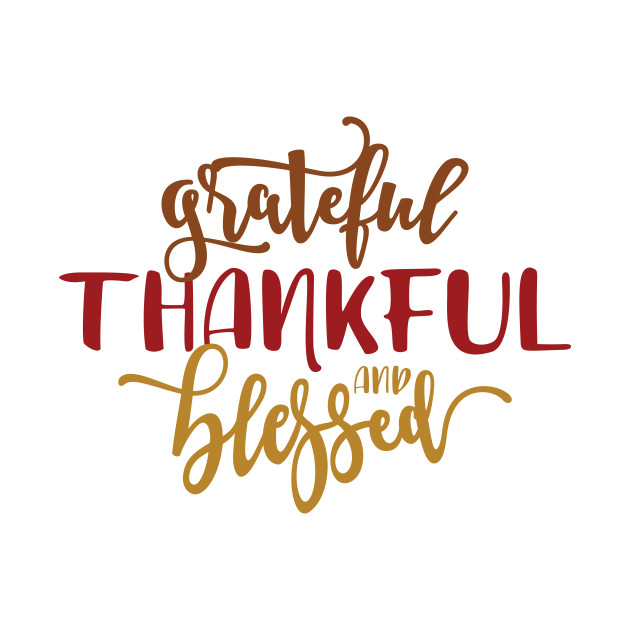Week 2
Key Competencies in Leadership and 21st Century Skills
Quite a bit of reading this week as well as a video.
I don't think I was born to 'skim' read, for I must of read some paragraphs 5-6 times over. Some of the reading might as well have been written in a different language because that's how it felt after 3 hours.
However, I did manage to get to 'table 3' and at first it was confusing to look at the 6 principles as a noun or a verb, but with discussion during the workshop, somethings became a little more clearer.
The 'purple' print is where I believe my school is at. I also think that there could be a lot more purple depending on where you view it from. I didn't feel it was right to make the print purple when I couldn't agree entirely with the written statement, but I do agree with it. The silver-linning in having so much 'red' print, the journey ahead looks exciting to work towards.
Where is your school at? Where does it need to go next?
|
|
|
|
| High Expectations |
We expect all learners to achieve in our school.
We expect each family to take responsibility for
the engagement, effort and success of students.
|
We believe all learners can achieve personal
excellence regardless of individual circumstances.
We aim to make education relevant and flexible
in order to foster engagement and to address
the diverse needs of all learners.
|
| Treaty of Waitangi |
It is important that students understand the
Treaty of Waitangi. We have treaty workshops in
years X and y in Social Studies.
|
Biculturalism is one of our greatest assets in a
knowledge economy. A bicultural component
is included in all aspects of the curriculum.
The Treaty principles of partnership, protection
and participation underpin all school decisions
and activities. Staff are equipped and willing
to uphold a bicultural dimension in all school
activities.
|
| Cultural Diversity |
We make sure we treat every child the same.
We have special programmes to support eSOL
students to integrate and to learn our language.
We celebrate diversity in dance, music, food and
costumes in cultural days.
|
We aim to know and connect to our students
and their communities and to do our best to
address their diverse needs and to invite them
to be themselves at the school. Linguistic and
cultural pluralism are actively encouraged and
supported amongst students and staff.
|
| Inclusion |
Our curriculum is inclusive, as we do not
discriminate against anyone. We create a safe
space for our students where we promote and
reward harmony, order and the right behaviour.
|
We see all our students as diverse. We aim
to create an environment where difference is
viewed as an asset and learners are equipped
to engage with different ways of knowing,
being and seeing the world. deficit theorising is
actively challenged amongst teachers, students
and in the school curriculum.
|
| Community Engagement |
Whanau and communities are informed about
the curriculum and what happens in the school.
|
Wha ̄nau and communities, as well as staff and
students are actively involved in the ongoing
decision making process about the school
curriculum.
|
| Documentation |
(Who decides? In whose name? For whose
benefit? Through what process?)
|
(Who decides? In whose name? For whose
benefit? Through what process?)
|
21st Century Skills
What relevance is the Key Competencies to the 21st Century skills of learning?
These are the 21st Century Skills that ITL (Innovative Teaching and Learning) Research (2012) decided were important.
- Collaboration
- Knowledge construction
- Self-regulation
- Real-world problems / innovations
- ICT for learning
- Skilled Communication
Key Competencies of the NZ curriculum. "More complex than skills, the competencies draw also on knowledge, attitudes, and values in ways that lead to action" (TKI, 2017):
- Thinking
- Using language, symbols & texts
- Managing self
- Relating to others
- Participating and contributing
I guess as a classroom teacher, I want all my learners to be life long learners with skills that they need to be successful in the world. Where the 21st century is changing so too should our teaching and learning skills to match and prepare every individual.
Some of the 21st century skills and key competencies match, such as skilled communication and relating to others, real-world problems, relating to others and managing self. All the skills and key competencies are what build creative minds and independent innovators. In my opinion there is room for both to be taught. However, with the fast changes of technology in our societies and world, we have to be teaching our learners the skills they will need to be an active member of their society.
A quote from the video 'What 60 schools can tell us about teaching 21st century skills' by John Dewey (this information may be incorrect)
'...if we teach today what we taught yesterday, we rob our children of tomorrow...'
Whakatauki:
Whāia te iti kahurangi ki te tūohu koe me he maunga teitei
Seek the treasure you value most dearly: if you bow your head, let it be to a lofty mountain
Reference:
Freeth, W. (2013).Towards Reconceptualising Leadership: The Implications of the Revised New Zealand Curriculum for School Leaders. TLRI.












